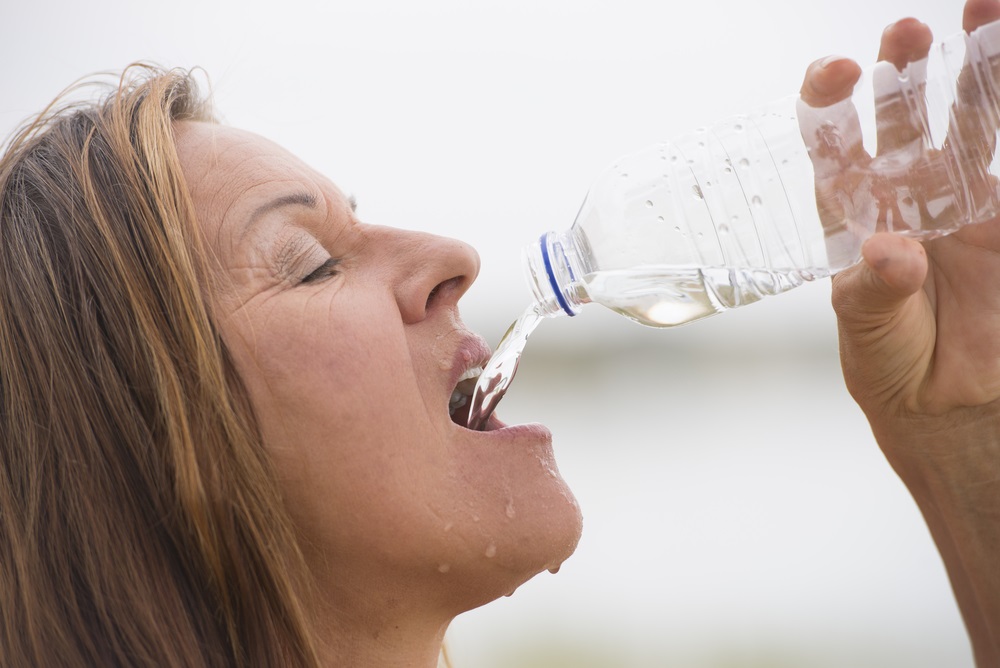- Home
- Blog
- Healthy Eating for Wellness
- Recommendations for water intake
Recommendations for water intake
Written by Catherine Saxelby on Wednesday, 16 November 2022.

Water is an essential nutrient – we can’t live without it for more than a day or two. The Governments of Australia and New Zealand recognised this in 2006, when they made an official recommendation for water intake for Australians and New Zealanders.
Read More...
Our bodies are 50–80% water. The solid foods we eat contribute approximately 20% of our total water intake. The remaining 80% comes from drinking water or other fluids such as milk, juice, tea, coffee, soft drink and cordial.
In 2006, the Australian National Health and Medical Research Council and the New Zealand Ministry of Health revised their recommendations for vitamins and minerals. Water is now regarded as an important nutrient.
- Too little water can result in dehydration, which impairs both our mental and physical abilities.
- Too much water causes hyponatraemia (although this is rare in the general population).

Water – the best to drink
Water is the best fluid to drink. It is the ideal thirst quencher, adds no kilojoules and is cheap. Milk is also important at all stages of life. It provides fluid as well as essential vitamins and minerals, in particular, calcium for strong bones and teeth.
Our fluid choices affect our dental health.
Buy filtered water that retains the fluoride added to tap water, which is essential for strong and healthy teeth. Generally, bottled waters do not have any fluoride, so you should not drink these routinely. If filtered water replaces sugary fluids such as soft drink, cordial and juice, this cuts back on your sugar intake, which is also good for the teeth.
The following table outlines the new recommendations for how much fluid to drink each day.
| Water Recommendations | |||
| Age (years) | Gender |
Recommended total water* (litres/day) |
Fluid** (litres/day) |
| 1-3 | Male and female | 1.4 | 1.0 (about 4 cups) |
| 4-8 | Male and female | 1.6 |
1.2 (about 5 cups) |
| 9-13 | Male | 2.2 | 1.6 (about 6 cups) |
| 9-13 | Female | 1.9 | 1.5 (about 5-6 cups) |
| 14-18 | Male | 2.7 | 1.9 (about 7-8 cups) |
| 14-18 | Female | 2.2 | 1.6 (about 6 cups) |
| 19+ | Male | 3.4 | 2.6 (about 10 cups) |
| 19+ | Female | 2.8 | 2.1 (about 8 cups) |
* About 20% of this total comes from the food we eat.
** Fluid includes plain water, milk and other drinks.
The bottom line
Make sure you are drinking enough water each day.
Foodwatch
The Good Stuff
The Boring Stuff
© 2025 Foodwatch Australia. All rights reserved
Website by Joomstore eCommerce





